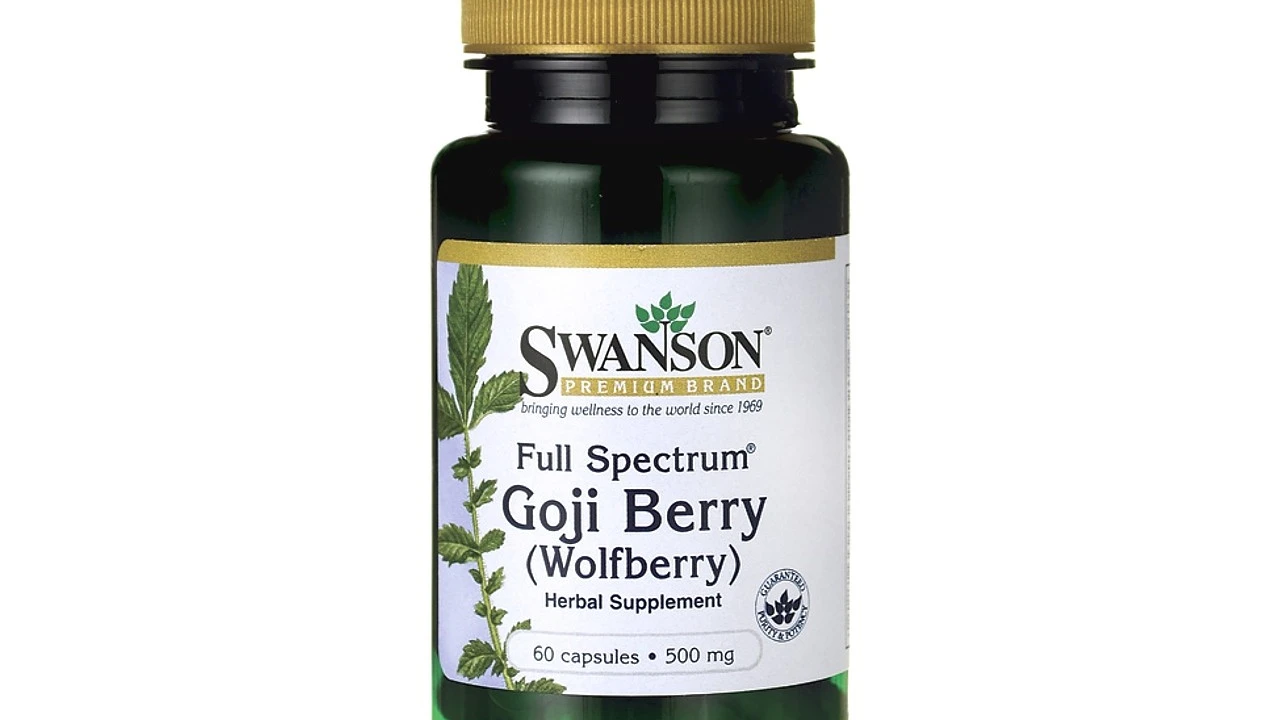If you’ve ever walked down an aisle of vitamins and wondered what’s real and what’s hype, you’re not alone. Dietary supplements cover everything from fish oil capsules to herbal powders, and they’re sold as an easy way to boost health. But not every product lives up to the claim, and some can even cause problems if you’re not careful. This guide breaks down the essentials so you can make smart choices without the guesswork.
A dietary supplement is any product you take by mouth that adds nutrients or other substances to your diet. That includes vitamins, minerals, herbs, amino acids, enzymes, and even things like probiotics. In most countries, these items are regulated as foods, not drugs, which means they don’t have to prove effectiveness before hitting the shelves.
Because of this lighter regulation, the quality and potency can vary a lot between brands. Some manufacturers test their ingredients in a lab and publish the results, while others rely on vague “natural” claims. Look for labels that mention third‑party testing, such as USP, NSF, or ConsumerLab, as a quick way to spot higher quality products.
First, start with a clear goal. Do you need extra vitamin D because you live in a cold climate? Are you looking for a joint‑support blend that includes glucosamine? Knowing what you want narrows down the options and helps you avoid buying a “miracle” pill that does nothing.
Second, check the ingredient list. A reputable supplement will list each component, its amount, and the source (e.g., “fish oil – 1000 mg, EPA/DHA 300 mg”). If the label is vague or hides key details, skip it. Also, watch out for added sugars, artificial colors, or unnecessary fillers.
Third, research potential interactions. Some herbs, like St. John’s wort, can affect prescription meds. If you’re on medication, ask a pharmacist or doctor before adding a new supplement.
Finally, read reviews and look for independent lab results. Many brands post a PDF of their testing on the website. If you can’t find any data, it doesn’t mean the product is bad, but it does raise a red flag.
Remember, more isn’t always better. High doses of certain vitamins (like A or K) can be toxic over time. Stick to the recommended daily amounts unless a health professional tells you otherwise.
In short, treat supplements like any other health decision: know what you need, verify the source, and stay aware of possible risks. With a little research, you can add the right boost to your diet without unwanted side effects.

Hello there! I've been digging into a remarkable natural supplement that every man ought to know about - Saw Palmetto. This little gem has been a game-changer for men's health, with incredible benefits that range from promoting prostate health to enhancing hair growth. I just can't keep this secret to myself! So, join me as we unravel why this dietary supplement is becoming a must-have for men's wellness. I promise, you'll be amazed!
Read More